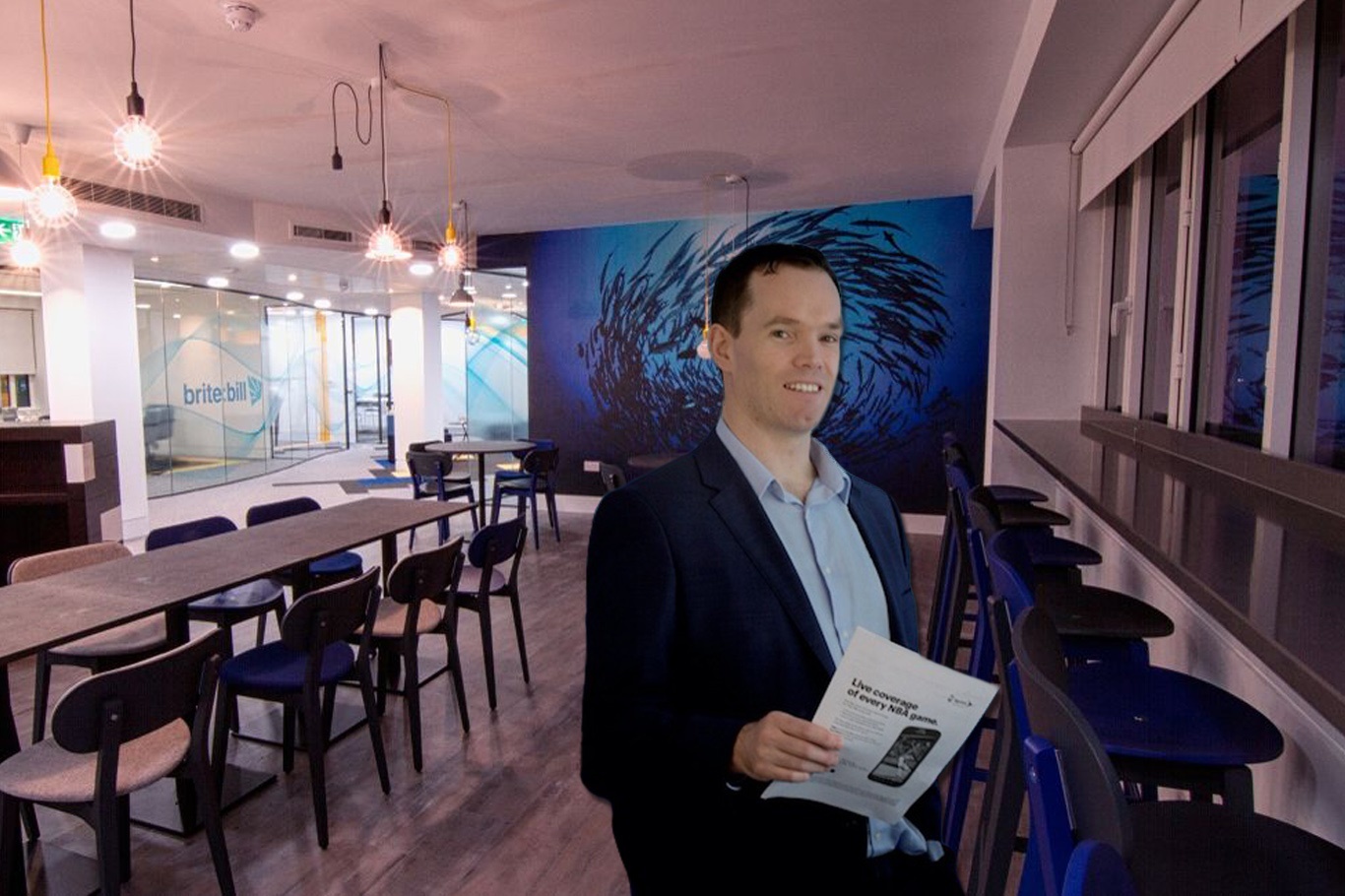'A startup needs to find the fastest route to being a viable business. Nothing else is as important'
These tips can help a business go from startup to scale-up successfully.
THE MOST IMPORTANT job of a startup is to find the quickest, most cost-effective route to becoming a self-sufficient, viable business. Nothing else is more important.
This is not an insignificant hurdle – in fact most startups never get this far. It requires you to find a product that a given market really needs.
You need to solve a problem that really matters to someone, and you need to make sure they will pay you for solving the problem. Finally, the problem needs to be prevalent enough that you have a market opportunity for your product that will allow you to scale.
Scaling a business or product means ensuring it is capable of coping with increase or expansion and continues to perform well – maintaining or even increasing its level of performance or efficiency – when tested by larger operational or consumer demands.
But first, you have to find a viable business model and do all of the above while living a subsistence lifestyle, working harder than you ever have and generally ‘faking it until you make it’. Once you have a business model that produces more than it consumes, your next job is to scale it.
Danger ahead
Scaling a business comes with a whole new set of challenges, all as potentially dangerous as the ones you overcame as a startup:
- You can under-fund your business and lose the market opportunity
- You can over-fund your business and then miss telltale financial indications something is not working
- You can hire poorly and dilute the competence, professionalism and drive that got you this far
- You can fail to delegate and watch the business grind to a halt because you become a blocking point.
Any of these issues can derail a potentially successful business. If it was easy, everyone would be doing it. There are a few things to consider that can help you traverse this next phase of growth and beyond, though.
What happens when you are not in the room?
When companies start to scale, they need to beef up their management teams and bring in specialist functional heads who can bring new levels of professionalism to key areas of growth.
In areas such as finance, sales, operations, product, pricing etc, if you hire the right people, this team will be the engine of your business’s fast-paced, sustainable growth. It is vital you hire each of these roles with two, set questions in mind:
- Will this person represent the company the way we expect when I am not in the room?
- Is this person substantially better at leading this function of the business than I am?
Why are we doing this?
The number of opportunities and strategic directions that emerge as your company grows can sometimes be bewildering. Each could be the step that accelerates your growth or a cul-de-sac that hoovers up your precious time and resources.
To help navigate these decisions you need to have a framework or goal that you focus on and use to filter these options.
For example, your goal might be to sell your company in three years for €10 million. You can then decide who will pay that much and what multiple of your revenue or profitability will they pay.
Once you have an educated guess on the multiple, you now know how much revenue you need to be generating to command a €10 million price. So now you know you need X revenue in three years, and you can work backwards to the revenue you need next year and this year.
Suddenly you have a goal and a framework for making decisions. Every time an opportunity is presented to you, ask yourself, is this is taking the company closer to your goal? If not, don’t do it!
Knowing when the time is right
On the presumption that your scaling business is something you are interested in seeing a return from, as opposed to a business you plan to run long-term, you need to develop a sense for when the optimum time is to seek an exit.
It is said that it is better to be bought rather than be sold, but both paths require premeditation and preparation. Generally you want to be open to such discussions once you have real momentum and preferably after you have hit a key milestone.
If this moment passes and the deal is not done, there are positives and negatives. On the plus side, you have longer to scale and secure a better price. On the other hand, the longer you continue, the more execution risk – tapering sales, slowing revenues, cost increases - you have to manage.
No amount of external commentary will ever be able to properly adjudicate whether a deal to sell a business is good or bad. Only the management and board will have the full picture to establish if maximum value has been secured.
So, scaling a business carries with it a whole new set of challenges from those you overcame to move past being a startup, but every successful business navigates these challenges and, with the right team and good advice, it is very achievable.
Alan Coleman is the chief executive of Brite:Bill, which was founded in Dublin in 2010 and sold to Amdocs last year.
If you want to share your opinion, advice or story, email opinion@fora.ie.






